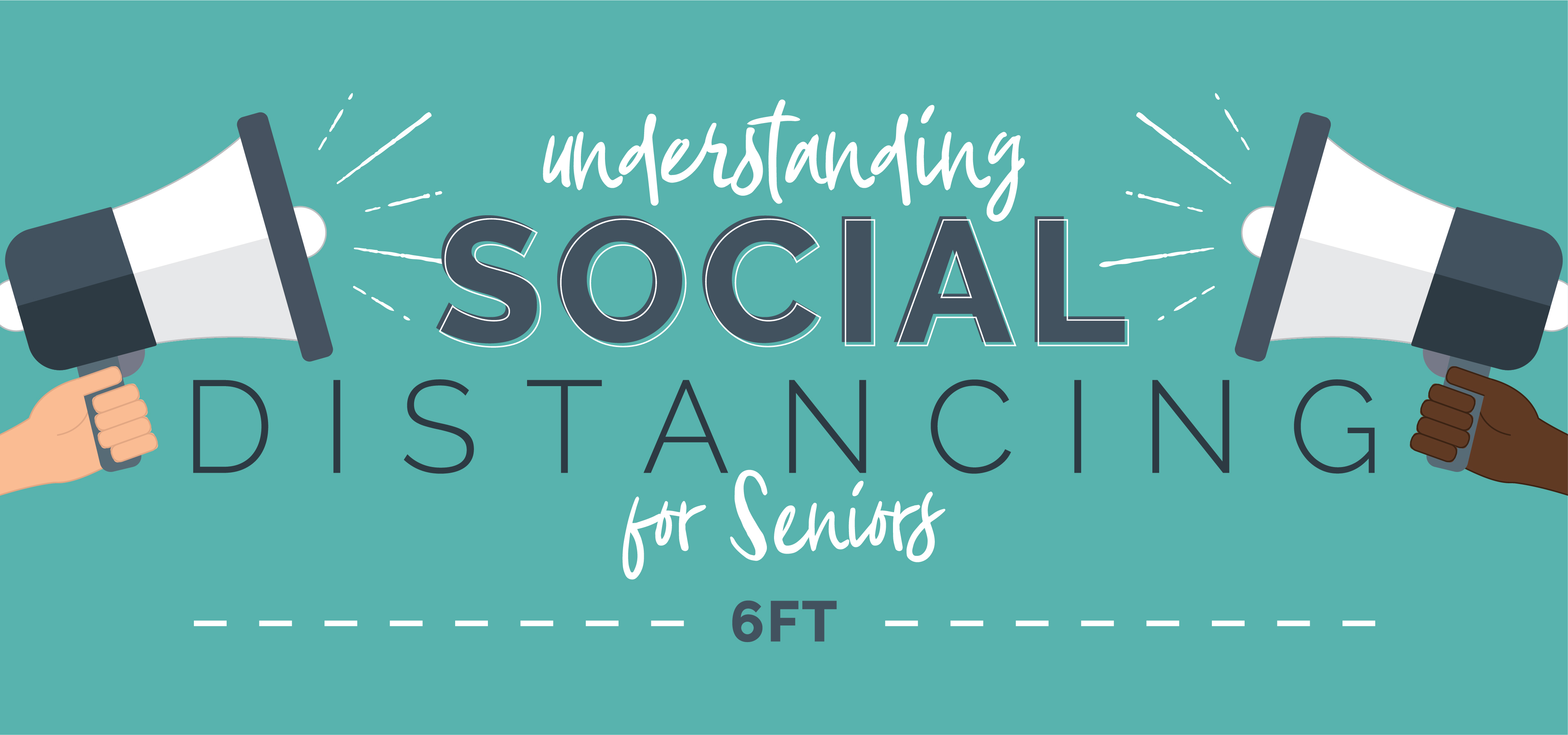When you think of normal aging, you likely think of aching joints, wrinkles, and an increased risk for certain conditions or diseases. You might also think that aging brings changes to the brain and memory. Aging does create some new cognitive challenges — however, it does not cause Alzheimer’s disease or other types of dementia.
How can you know if you or your older loved one are showing signs of normal aging or dementia? You can distinguish between signs of normal aging versus dementia by understanding common cognitive challenges older adults face and how they differ from symptoms of a more serious disease. This way, you can plan for the future and ensure you are advocating for the right treatment options with your healthcare team.
Dementia vs. Normal Aging: The Basics
About 40 percent of people 65 and older experience some form of memory loss, and the risk of dementia does increase with age. However, not all forgetfulness can be attributed to Alzheimer’s disease or other types of dementia.
For example, mild cognitive impairment (MCI), a type of general deterioration in mental function, is common as people age. It is a risk factor for dementia, though some people with MCI never get dementia.
Some signs of normal aging and/or MCI include:
- Struggling to remember details of events or conversations that happened a long time ago
- Occasionally having difficulty finding the right word
- Forgetting names or appointments but remembering them later
- Occasionally losing things
- Experiencing slightly slowed reaction times
- Occasionally using bad judgment or making thoughtless decisions
- Becoming increasingly rigid about a routine but continuing to be able to function when the routine is disrupted
We’ve all misplaced a set of keys from time to time, and at some point you’ve likely forgotten why you walked into a room. These incidents increase as we get older, but they are not necessarily a sign of dementia. However, if these incidents are occurring frequently and affecting daily life, it’s time to make an appointment with a physician.
Signs of Dementia
Sometimes, there does come a point at which forgetfulness becomes more prominent and affects daily life. These symptoms can point to dementia. Some signs of a more serious problem, such as dementia, include:
- Not being able to remember a recent conversation or event, or forgetting what’s happening while it’s happening
- Being unable to learn or remember new information
- Having significant language issues, such as struggling to have a conversation because of word-finding problems
- Experiencing significant mood or personality changes such as depression, anxiety, or intense irritability
- Appearing apathetic or withdrawn
- Frequently pausing when talking
- Forgetting family members’ names
- Often getting lost and needing help finding one’s way
- Experiencing significant declines in reaction time, which may affect driving, cooking, or the ability to recover from tripping and falling
The key to understanding what is normal aging and what could be dementia is evaluating how it affects daily life. For example, if your loved one is anxious because they can no longer manage their checkbook or monthly bills, you should speak with a physician.
When and Where to Get Help
A diagnosis begins with your family physician. Depending on your loved one’s symptoms, the doctor may refer you to a neurologist or recommend neuropsychological testing. The right tests can determine your loved one’s particular type of dementia and rule out other diseases — such as depression or a brain lesion — that can mimic the symptoms of dementia.
Seek help if your loved one shows any signs of dementia, or if you’ve noticed a general decline in their ability to function and perform their daily tasks. If you don’t live near your loved one, these early signs may be difficult to notice. Instead, look for subtle clues, such as:
- An increasingly messy house
- Deteriorating hygiene
- Missed appointments or family functions
- A tendency to get lost
- Car damage indicative of possible accidents
- Expressions of concern from friends or neighbors
- Changes in mood or personality
- Statements of anxiety or worry
- Evident confusion or disorientation
Why Early Diagnosis Matters
Dementia is a progressive illness with no known cure, but an early diagnosis can give the person time to learn new coping skills, create memories with their loved one, get their affairs in order, and advocate for their own care and wishes. An early diagnosis also allows the treatment team to find the right combination of medications and lifestyle habits that can increase quality of life and enhance independence.
Perhaps most importantly, early diagnosis offers a chance to plan for the future. Seniors can discuss their values and concerns, and they will feel empowered as they take an active role in choosing a home that suits their current and future needs.
For many adults living with dementia, senior living communities can be an ideal solution that offer a mix of personalized support and opportunities for independence. It’s wonderful when seniors can be a part of the decision-making process, choosing a community that will support them now and as their needs change.
The Arbor Company has served seniors for three decades. Over our time working with adults living with dementia, we have created new ways to meet the challenges of the disease and give our residents more opportunities for success and choice. From our Dining with Dignity® program that ensures all residents have an engaging dining experience to our Bridges program that exclusively serves those living in the early stages of cognitive decline, our team members ensure every resident has the opportunity to be supported, healthy, and comfortable.
Learn more about dementia and normal aging — and how to tell the difference — by watching our webinar “Senior Living LIVE! Dementia or Normal Aging?” Our Regional Director of Dementia Training, Susan Robbins, shares her expertise as she talks about common signs of dementia, warning signs to look for, and different types of cognitive loss conditions.







